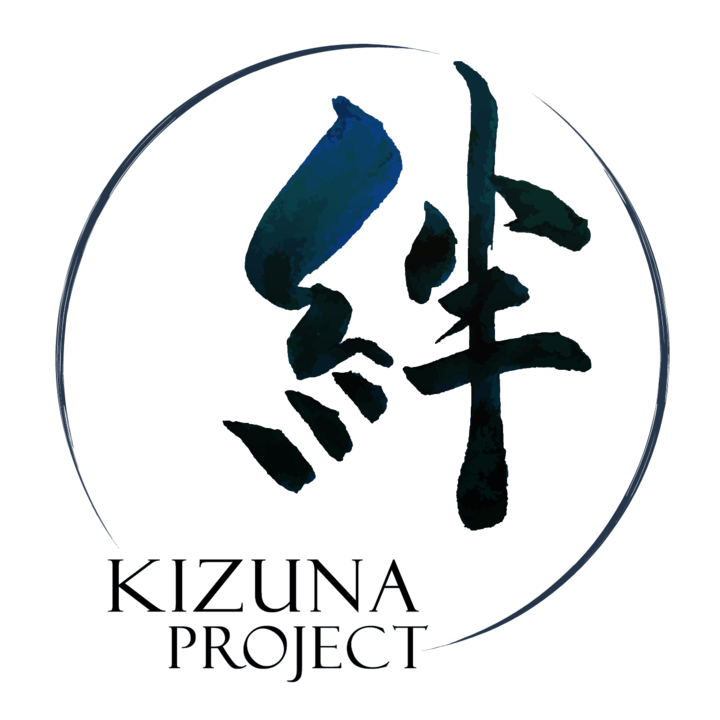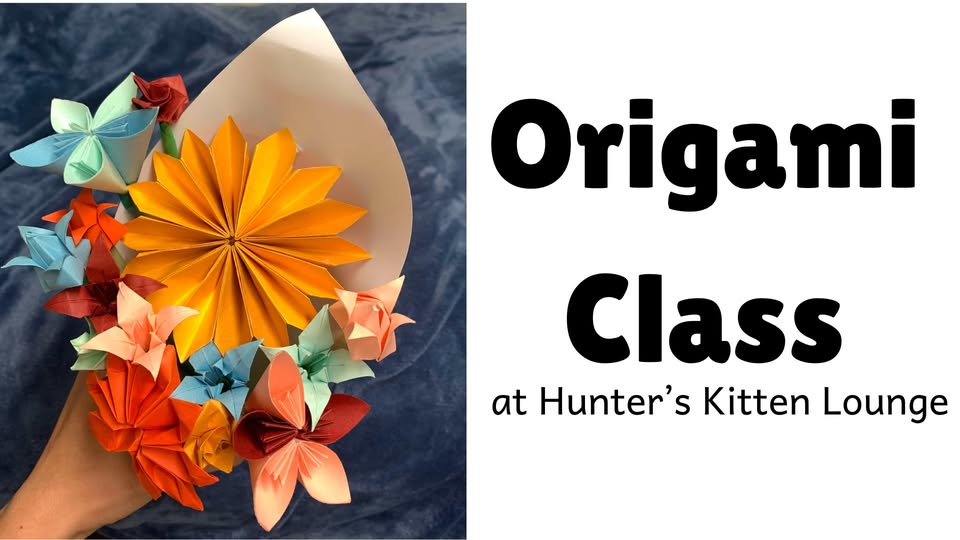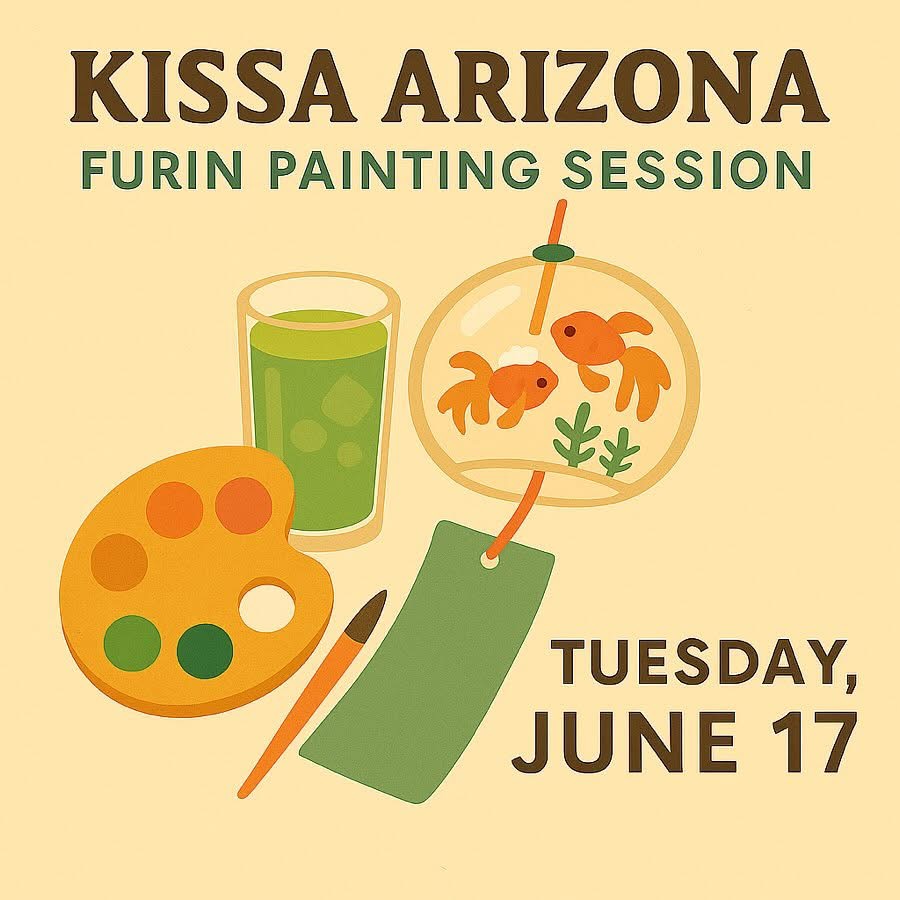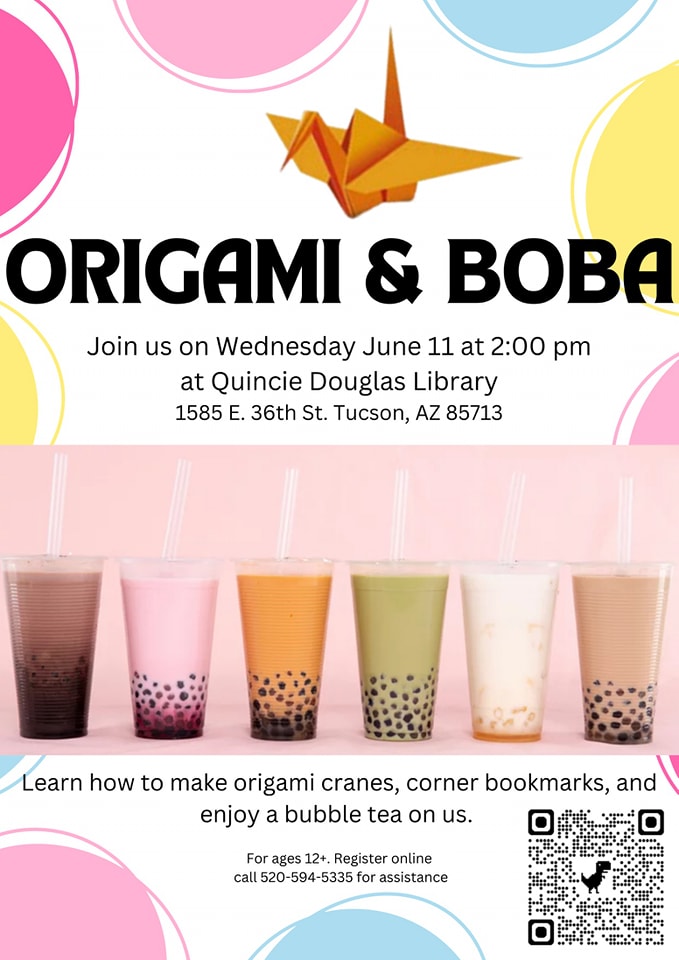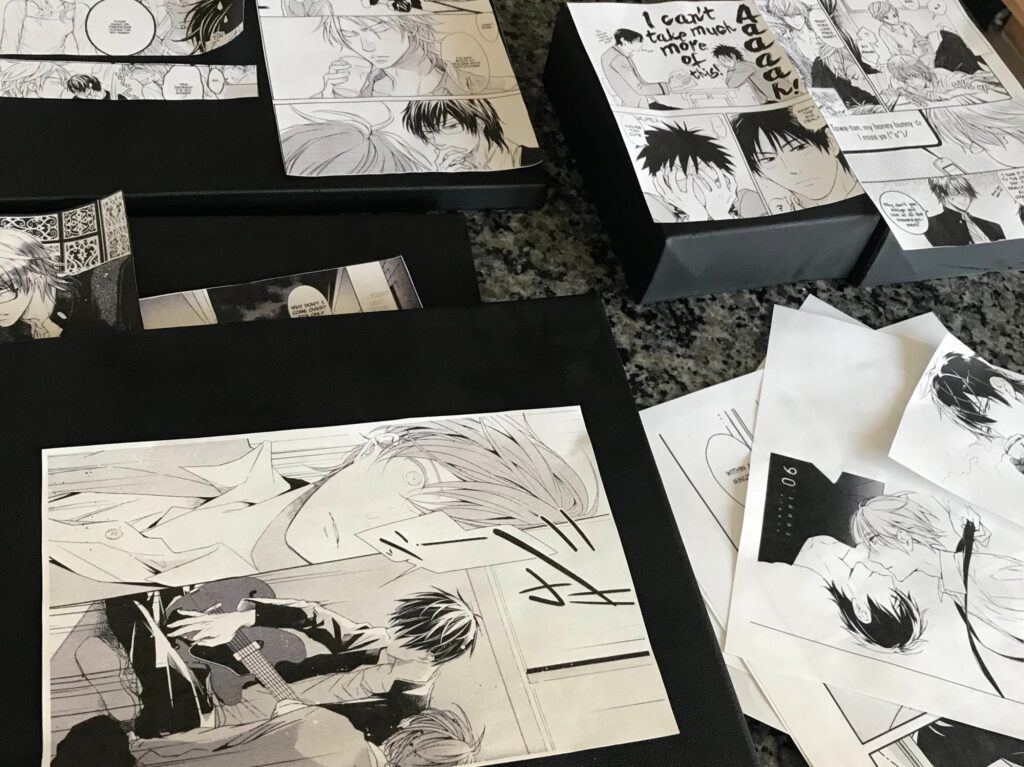
ZOOM: Dive into Manga Styles!July 11, 2025 – August 01, 2025
Series Schedule:
Friday, July 11, 2025 | 01:00 PM – 04:00 PM
Friday, July 18, 2025 | 01:00 PM – 04:00 PM
Friday, July 25, 2025 | 01:00 PM – 04:00 PM
Friday, August 01, 2025 | 01:00 PM – 04:00 PM
location_on Online OnlyEvent link will be available after registration
menu
Description
Instructor: Brianna Stevens | briannastevens1999@gmail.com
3-hour weekly Zoom series
“Got manga art on the brain? Learn how to draw like some of your favorite artists. As well as, explore tropes, styles, and storytelling through the would of MANGA! Drawing and creating manga characters, breaking down and researching art styles, learning the backstories of manga tropes/genres, and how they have a big influence on the style. Using a character of their choosing to help teach and demonstrate the different styles.
emergency
Special Instructions
**Zoom link received upon registration via email.**
Please login 5 minutes before the start of the course.
Turn cameras off until the session has started.
Supplies needed: A sketch book, something to draw with, a way to draw digitally (if preferred).
Preview image here
25 spots left!”
Regular $220.00
Contact Us
If you have any questions, please don’t hesitate to contact us!call520-620-0947 mail_outlinetds@thedrawingstudio.org

